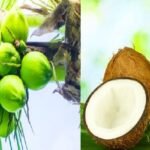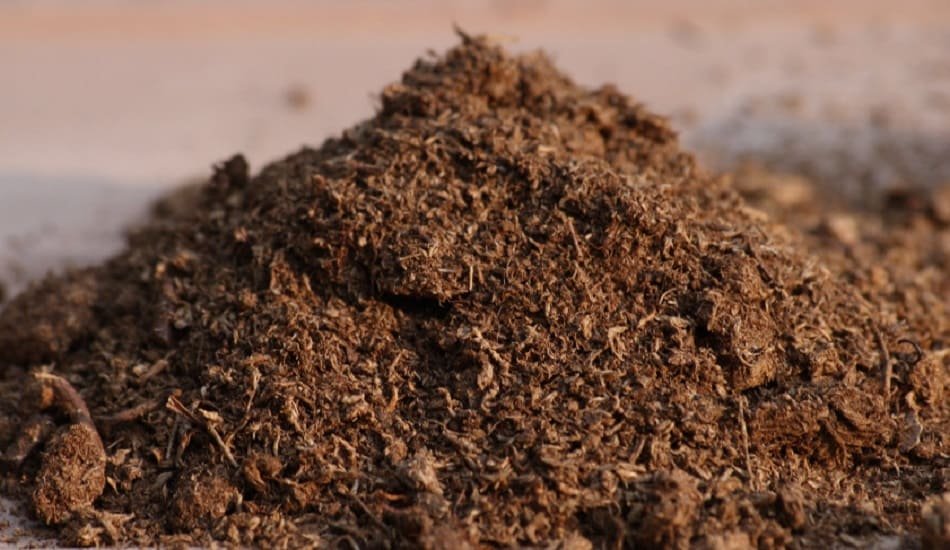England’s move to ban peat moss is likely to help Indian exports of coir pith.
England wants to ban the sale of peat moss, which is a key ingredient in seed-starting and potting mixes, effective from 2024. This is likely to help Indian exports of coir pith even more.
The member of the Coir Board, Mahadevan Pavithran, told that England is reportedly thinking about banning the sale of peat to home gardens. This would be part of a plan to restore peat lands. He said that 70% of the peat sold in the UK was in gardening products, which is why the ban was put in place.
He said that the move was good news for India’s exports of coir pith, which is used as a plant-growing medium in horticulture and home gardening in places like the US and Europe.
Also Read | Promoting coir units would greatly benefit the welfare of delta farmers.
In FY22, coir pith exports brought in ₹2,259 crore, which was 52% of the total amount of coir and coir product exports. In FY21, coir pith exports brought in ₹6,80,898 crore.
Peat moss has long been an important part of seed starting and potting mixes, and it is also a popular way to improve garden soil. It is used to make the soil more compact so that it can hold more water. But peat comes from bogs that hold almost a third of all the carbon in the world.
He also said that because of this, continuing to strip-mine peat moss is likely to release carbon into the air, which will add to the effects of climate change.
Pavithran, who is also the Managing Director of Travancore Cocotuft in Cherthala, said that the ban on peat moss gives Indian coir pith growers access to 1/3 of all growing media. It is thought that 3.8 million m3 of horticultural media will be needed in the UK.
More than half of this, or 2.1 million m3, is made of peat. 1/3 of this is used by people who are paid to grow plants, like landscapers and commercial growers. The other 2/3 is used by people who are not paid to grow plants, like people who grow plants in their homes.
He also said that the idea of ‘Do it Yourself’ (DIY) was becoming more popular in the West as a way to fix up homes in Covid times. This increased the importance of eco-friendly products like coir pith, coir fiber, etc.
The Federation of Indian Coir Exporters Association’s Joint Secretary, S. Mahesh Kumar, said that coir pith is a low-value export item that costs $430 per tonne. But rising freight costs and a lack of shipping containers have forced exporters to cut shipments, even though exports grew by 20%.
Peat moss was the most popular way to grow plants overseas until 1995 when coir pith took its place because mining was limited. A lot of other countries are likely to follow the UK and ban peat moss because it is bad for the environment. This will help coir pith a lot, he said.


















Add Comment